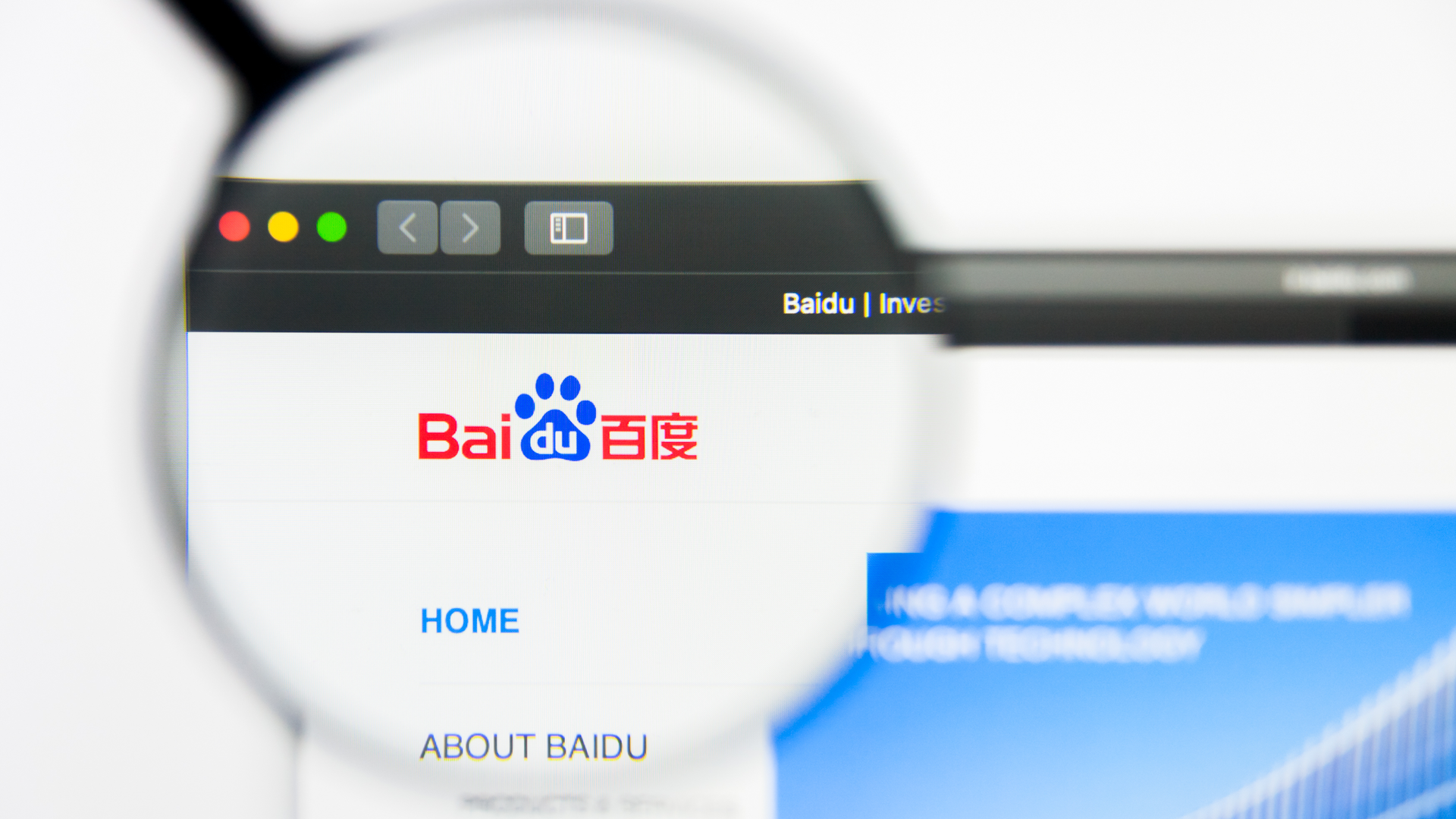Search Engine Optimization (SEO) is essential for museums and cultural institutions hoping to boost their digital presence. While it can be a complicated process on Google and other western search engines, it can be even trickier when working with China’s go-to search portal, Baidu. Check out this crash course on Chinese SEO for tips on how to get started and what to avoid.
1. Host a Native Domain
While some .com and .net sites are ranked by Baidu, they favor sites hosted in mainland China on a .cn domain — the country code top level domain (ccTLD) of China. Correctly Baidu-optimized .cn sub-domains (extension “. com.cn”) or gTLD’s (Generic Top Level Domains) with a sub-domain work too.
2. Get Certified
In keeping with China’s internet laws, all websites hosted on a mainland Chinese server must apply for an Internet Content Publishing (ICP) license. Ranking high on Baidu is difficult, if not impossible, without it. An ICP can be secured from China’s Ministry of Industry and Information Technology and needs to be clearly displayed on websites, typically in the footer.
3. Translate Text
Indexed websites on Baidu are required to be in Chinese and all site copy and SEO resources/meta tags must be translated into Mandarin, preferably using Simplified Chinese characters. Have professional translators and local marketing experts review translated copy to ensure it reads comfortably and aligns with brand imaging and target audiences. Beware: Baidu recognizes poorly deciphered transcripts and may penalize a website for using bad machine translations.
4. Boost Site Speed
Consider this shocking stat; if a webpage takes more than 3 seconds to load, 57% of users will abandon it. The best way to improve your website speed in China — due to the size of the country and the Great Firewall of China (GFW) — is to implement a Content Delivery Network (CDN). This system allows visitors to receive information from the closest available server instead of where the website is hosted. This dramatically increases content delivery speeds. There are several CDNs on the market, but Cloudflare is highly recommended since it has an extensive network of servers in mainland China and a partnership with Baidu.
5. Develop a Keyword Strategy
Baidu tends to require a higher keyword density (around 8%-12%) than other search engines. However, quality trumps quantity and the company recently updated its spam-combating algorithm. Keywords must be relevant to the content and avoid “keyword stuffing,” which happens when brands attempt to reach a high keyword density via an unnatural placement of targeted keywords.
6. Cut Blocked Content
Before launching on a Chinese server, review website content to ensure it doesn’t contain blacklisted keywords or sensitive content — e.g., aggressive comments, political content, gambling, pornography. Anything “offensive” will be indexed by Baidu and most likely shut down. To avoid being blocked by Baiduspider (Baidu’s official web crawler), provide plain HTML alternatives of Flash, iFrame and JavaScript content. Also, remove outbound links to non-Chinese sites — even if the Western site isn’t explicitly blocked —to sidestep loading errors. Instead, use links from high-authority, industry-relevant Chinese-based sites. Another tip: register for Baidu’s Webmaster Services tool to gather basic statistics, upload updated sitemaps, identify/fix broken links or site problems, and audit site security or URL functionality.
7. Localize Social Media
While re-purposing landing pages for the Chinese market, remove links to social media accounts including Facebook, Twitter, Instagram, and Google Maps. Popular western platforms should be replaced with their Chinese equivalents: WeChat, Youku, Sina Weibo, Baidu maps and so on. Brands with an existing Chinese social media presence should incorporate links or QR codes to those sites on webpages. Those without accounts should still add “share” and “like” buttons to shareable content platforms to increase social traffic and crawl speed. Furthermore, embedded videos hosted on YouTube or Vimeo won’t play in China so webmasters should setup an account on YouKu, the Chinese YouTube counterpart or alternative Chinese video hosting sites.
Be Mobile Friendly
More than 95% of web surfers in China use a smartphone to connect online. Websites that are not mobile-friendly are given a lower ranking on Baidu and have a higher bounce rate from mobile users. Consider a separate design for a mobile version of the site that packs essential information “above the fold” and minimizes scrolling and text link clicking.



